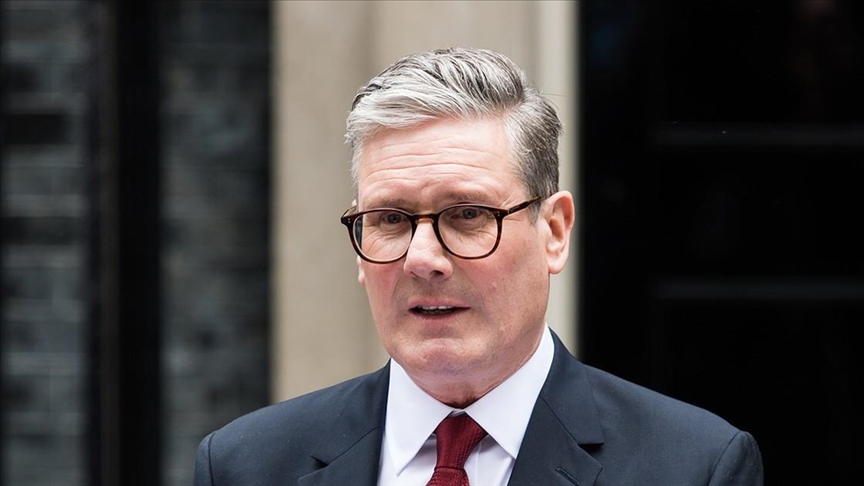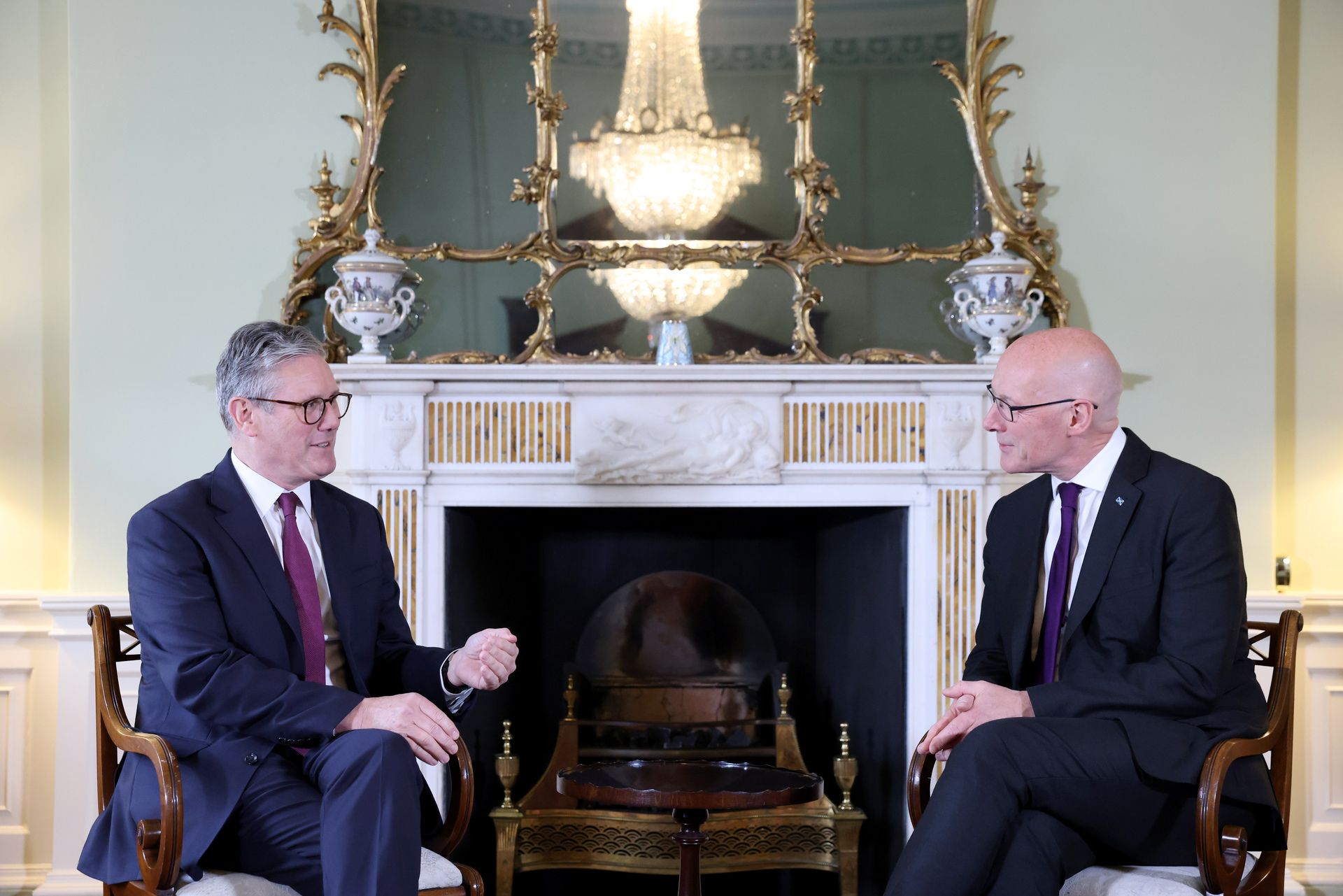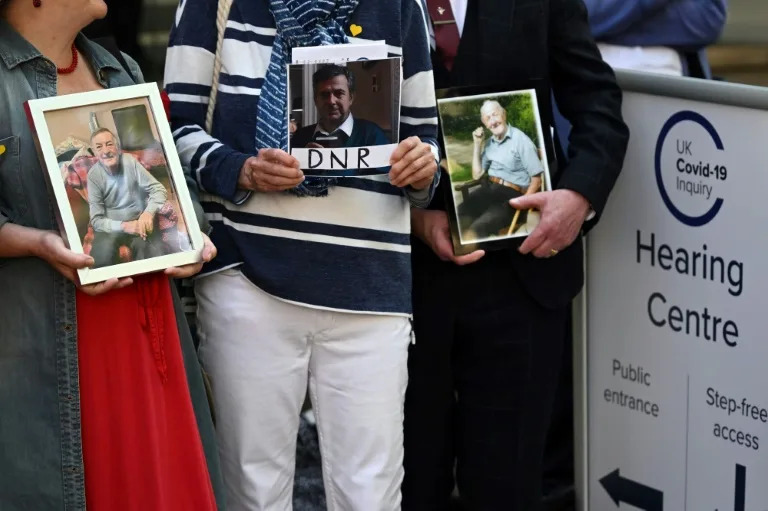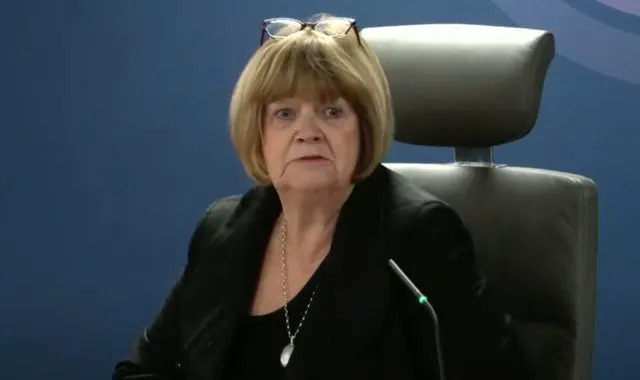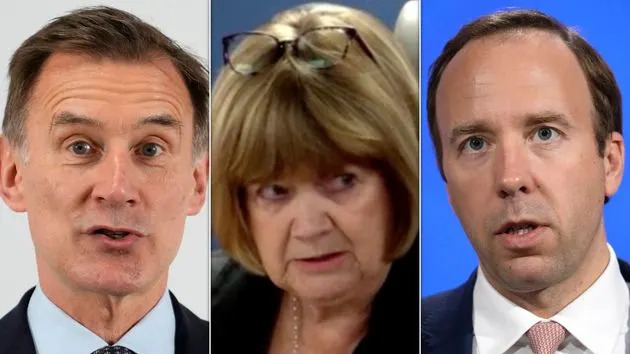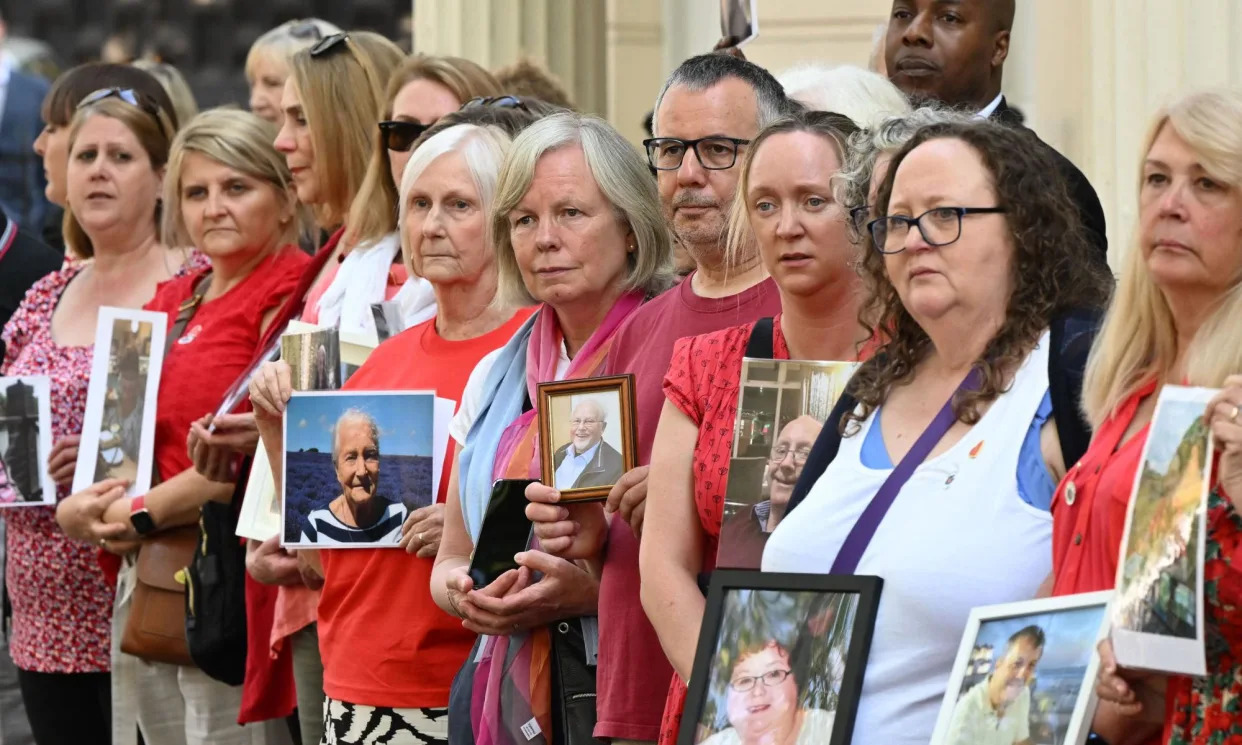Pacific leaders, Japan agree on Fukushima radioactive water discharge
2024.07.18
Tokyo
 Leaders of Pacific island nations and territories pose for a group photo during the 10th Pacific Islands Leaders Meeting (PALM10) in Tokyo on July 18, 2024.
Leaders of Pacific island nations and territories pose for a group photo during the 10th Pacific Islands Leaders Meeting (PALM10) in Tokyo on July 18, 2024.Consensus has been reached by Pacific leaders with Japan to address the controversial release of treated nuclear wastewater from the Fukushima nuclear power plant into the Pacific Ocean.
In August last year, Japan began discharging waste from about 1,000 storage tanks holding 1.34 million metric tons of contaminated water collected after an earthquake and tsunami in 2011 that caused the meltdown of the Fukushima nuclear plant.
The agreement came at the Japanese hosted 10th Pacific Island Leaders Meeting (PALM10) on Thursday in the capital Tokyo attended by most of the Pacific Islands Forum country leaders.
Japan’s Prime Minister Fumio Kishida assured the PIF leaders the discharge was being conducted in compliance with international safety standards and practices.
He emphasised Japan's commitment to ongoing collaboration with the International Atomic Energy Agency to ensure the process' safety and transparency.
“The discharge is in line with relevant international safety standards and practices, and we will continue to work closely with the IAEA," Kishida said.
Cook Islands prime minister and chair of the PIF, Mark Brown, led talks to reach the deal, centred on a decade’s long process to release the treated water from the TEPCO-owned nuclear power station.
Pacific leaders emphasized the importance of a shared commitment to safeguarding the health, environment, and marine resources of the Pacific region and a need for transparency from Japan.

“This process must be based on scientific evidence and conducted in a highly transparent manner, ensuring it never endangers the wellbeing and livelihoods of the Pacific people or adversely affects human health and the marine environment," Brown said.
Japan in turn will support the development of regional scientific capacity through the IAEA, as requested by the PIF leaders.
“We appreciate Japan’s commitment to enhancing our scientific capabilities. The IAEA's involvement will be crucial in ensuring the safety and transparency of this process," Brown said.
TEPCO uses a process known as Advanced Liquid Processing System involving special filters which remove from the contaminated water most of the 62 types of radioactive materials, radionuclides such as cesium, strontium, iodine and cobalt but not tritium.
The leaders agreed to keep the ALPS treated water issue as a standing agenda item for future PALM meetings with Japan, supported by an ongoing review process. Their decision reflects concerns about addressing the long-term implications and ensuring continuous monitoring and evaluation.
While consensus was reached at the summit, the wastewater release continues to be questioned by some scientists.

Director of the Kewalo Marine Laboratory at the University of Hawaii, Research Professor Robert Richmond, said concerns remain regarding the efficacy of the ALPS treatment and the contents of the thousands of storage tanks of radioactive wastewater.
“The long-term effects of this discharge on Pacific marine ecosystems and those who depend on them are still unknown. Even small doses of radiation can cause cancer or genetic damage,” Richmond said in a statement to BenarNews after the agreement.
He criticised the current monitoring program as inadequate and poorly designed, failing to protect ocean and human health.
“The discharge, planned to continue for decades, is irreversible. Radionuclides bioaccumulate in marine organisms and can be passed up the food web, affecting marine life and humans who consume affected seafood,” Richmond said.
He also expressed concerns about the additional stressors already impacting the Pacific Ocean, such as pollution, overfishing, and climate change. He urged Japan to reconsider its approach, suggesting that the nation could transform this challenge into an opportunity for responsible disaster management.
“Japan can set a new direction for handling such disasters, supporting the health of the people of Japan, the Pacific, and the world. True leadership would embrace this unprecedented and critical opportunity,” he said.
As the meeting closed, Prime Minister Brown reaffirmed the PIF leaders' commitment to addressing the economic challenges facing the Pacific region through innovative and collective approaches.
“To realize the potential of our people and resources, we must explore new strategies and work together to overcome our shared challenges,” he said.


